Young love is something that a majority of people have seen or experienced in their lives. Rather it is bringing your date to the school’s homecoming, or people-watching random couples at your 8th-grade dance. Young love, in short, is the love that someone in grades 1-12 experiences, that’s what it means in my opinion.

Many parents restrict their kids from experiencing this young love by not allowing them to date until they reach a certain requirement in their mind, rather than being older, getting their grades up, or until they have moved out of their parent’s house.
Oakmont Teacher Daniel Dufour when asked if he would ever restrict his daughter from dating had this as an answer, “No, I don’t think I’d ever restrict my daughter from dating someone. She had this boyfriend who she broke up with..and got back together with..and broke up with again..currently, they are in the negotiation stage, but I don’t think I’d restrict her from dating him. he’s a good kid, and she’s a good kid. The only time I would restrict is if the guy is like 4 years older, smokes, and gets in trouble. Then I’m like ok girl you’re 15 you can calm yourself.”
This quote from Dufour shows how it depends on the kids decisions and how parents should intervene when it gets to an extreme, from his perspective at least.
Many of the Oakmont students have different opinions about how they feel about the love young people experience.
An Oakmont Junior who would rather stay anonymous had this to stay prompted about what he thinks when the word “young love” comes about
“I think it’s an experience you’d have to feel, but through the right circumstances, you wouldn’t just go into it under bad circumstances, like getting into a relationship just to have one. You need to accept yourself first to be able to try it.
This means that you shouldn’t try to “fit in” with the other people around you by getting into a relationship as a sort of social status. You should only get in one if you feel it is correct
Another Oakmont Junior-Gavin Stone when prompted on what he thinks is right about young love had this to say: “But I don’t know it’s a tough question, and my sister dated this guy who was a weirdo and I didn’t want her to date her, so I think 7th grade and younger is bad, now as I’m older I think it is bad but me in 7th I thought it was good. Kids are ignorant to it and kids will hurt themselves over it. Even now if you’re a senior and a freshman it’s weird.”
What Gavin is saying is that with how time changes his opinion on it changes. When he was younger he was the biggest advocate for this young love but as he gets older he gets more opposed to the idea of ever dating that young as a 7th grader. He recognizes the age differences that some people have in high school and they date and he states that is weird which I agree with.
When Oakmont Junior Jayden Barnaby-Feldus was asked about his thoughts on “young love,” he gave a short but strong answer: “It’s not real.”
Jayden says that his experiences haven’t been good for him. He doesn’t think young love could work, as his experiences prevented him from having that experience.

Another reason that parents prevent their kids from dating is the mental aspect of it. A lot of young kids and high schoolers get really bad mental health from relationships at this age. The US-based National Longitudinal Study of Adolescent Health did a study across multiple schools and found that over 80% of students aged 14 and up have experienced young love in some form or another. The duration of these ranges from a few weeks to a few years.
A common outcome of love at this age is anxiety and depression. After a breakup, the mind of a teenager goes haywire thinking a lot of different things that sometimes can lead to unneeded stress and possibly suicide to a drastic degree. What a lot of teenagers going into young love need to realize is what is healthy and unhealthy
Signs of what is healthy and unhealthy in a relationship are moving at a pace you both feel comfortable with, being truthful and honest, and establishing boundaries in your relationship with your partner. Every relationship has conflicts, but make sure that you keep it respectful, leave nothing out, be fully open on the subject, and take responsibility for your actions.
Oakmont Guidance Counselor, Kristin Brochu spoke up on this when prompted on how relationships affect the youth.
“I believe that establishing the differences between what a healthy and unhealthy relationship is early on in your active adventure of finding what love is to you is great for your mental health- if you don’t establish these you can end up becoming really stressed and unhappy in a relationship where you do not feel happy in. if you do not feel happy and safe in a relationship of any kind, the best bet is just to leave it and find something else”
An aspect of young love is showing how you can turn a negative relationship into a positive scenario for yourself even if it’s still not great.
Oakmont Student who rather stay anonymous had this as an answer when asked how his relationship in previous years was beneficial to him:
“When you put your whole entire being into the wellbeing of somebody and it seems to be a static effect nothing happens. The effect of nothing happening over a period of multiple years is just kinda like watching paint dry. What I didn’t realize in the relationship was how much the decisions I made for it would affect me later on. I planned on going to a different school than Oakmont and ended up committing to Oakmont for high school after purposefully failing classes so I wouldn’t get accepted. Only to go to school with my girlfriend at the time”
Young love is a complex and multifaceted experience that varies greatly depending on the individual and their circumstances. While some may view it as a natural part of growing up, others, like Jayden Barnaby-Feldus, see it as fleeting or even unimportant due to past experiences. The perspectives shared by students at Oakmont highlight the different ways young love can be experienced, from the excitement and optimism of early relationships to the disillusionment that can come with difficult breakups. Parents and educators, like Daniel Dufour and Kristin Brochu, often recognize the challenges of young love, emphasizing the importance of understanding healthy relationship dynamics to protect mental health. Ultimately, young love can be a valuable learning experience, but adolescents must approach it with maturity, self-awareness, and support from trusted adults. As students like Gavin Stone and others suggest, the evolution of their views on love reflects the growth and understanding that comes with age, underscoring the idea that young love, while meaningful, can also come with significant risks that should not be overlooked.


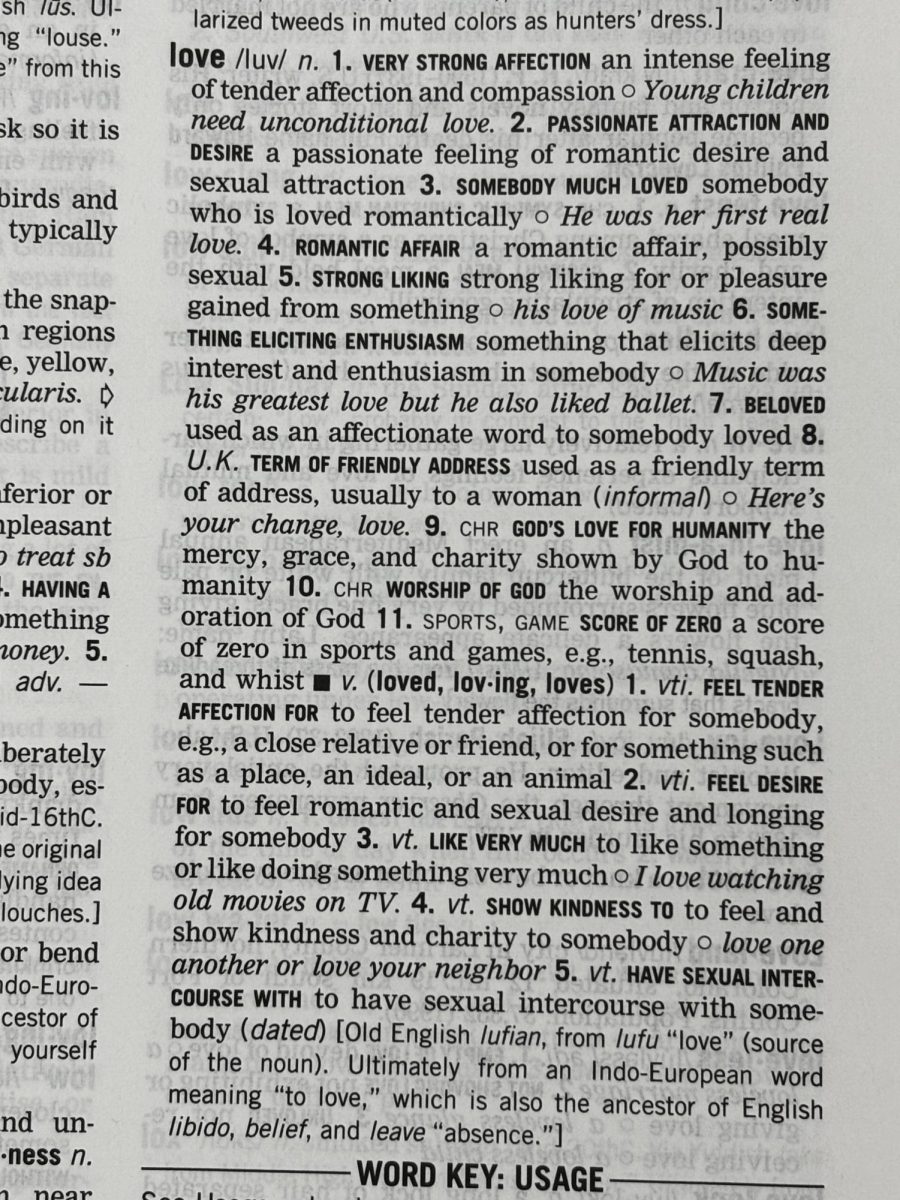


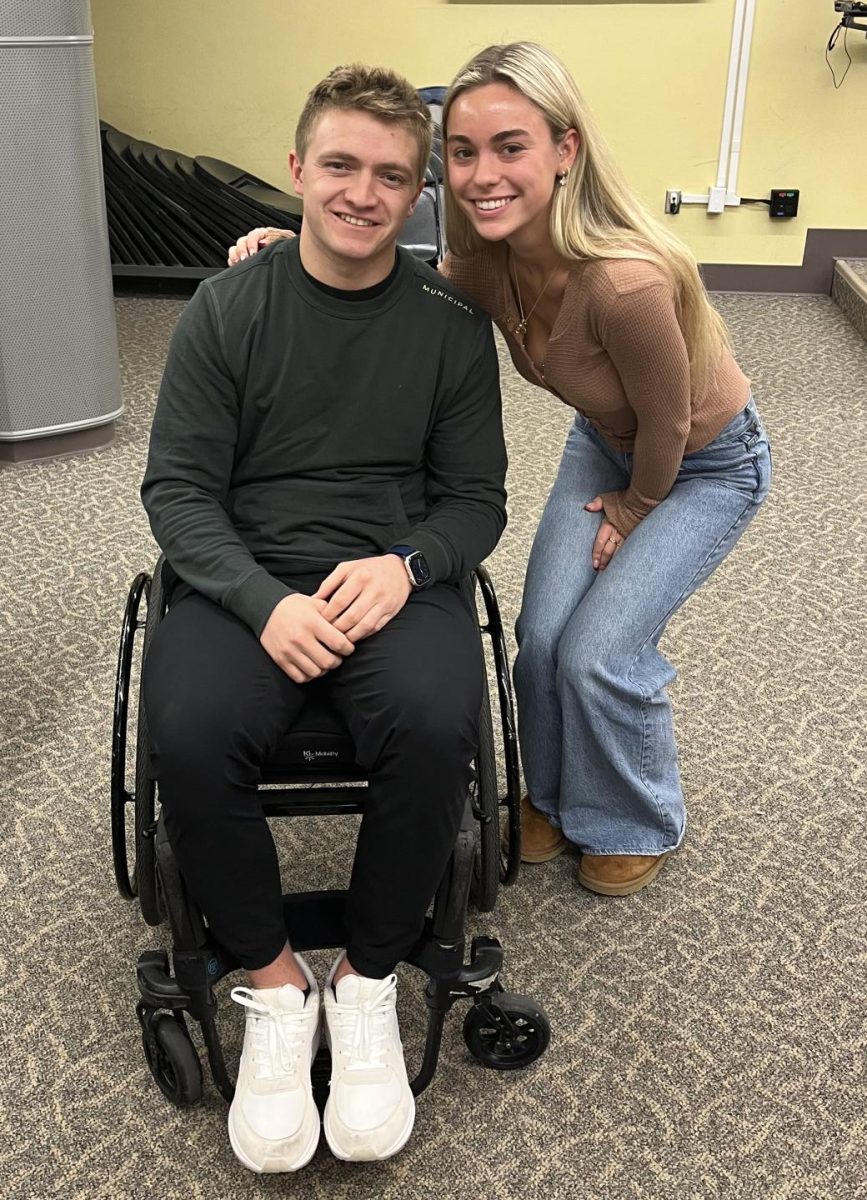
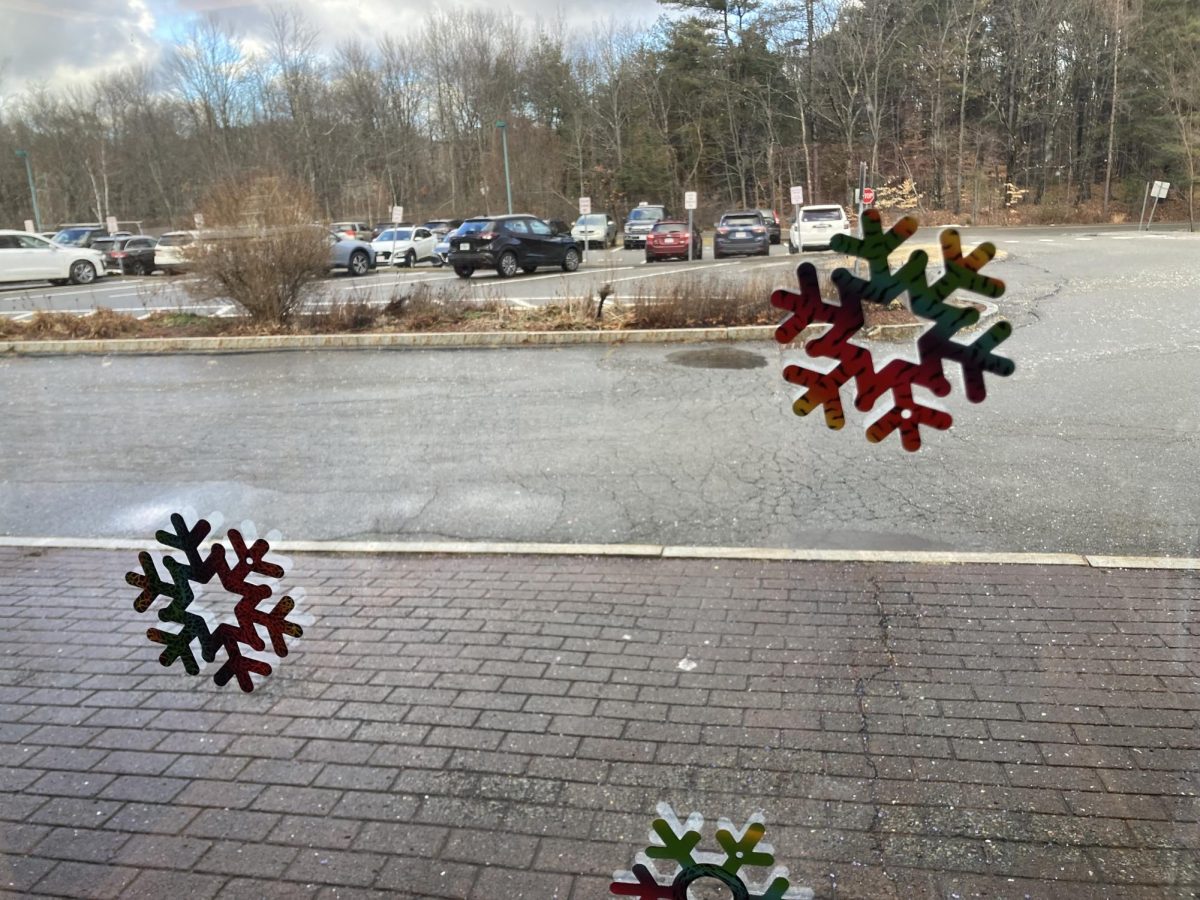
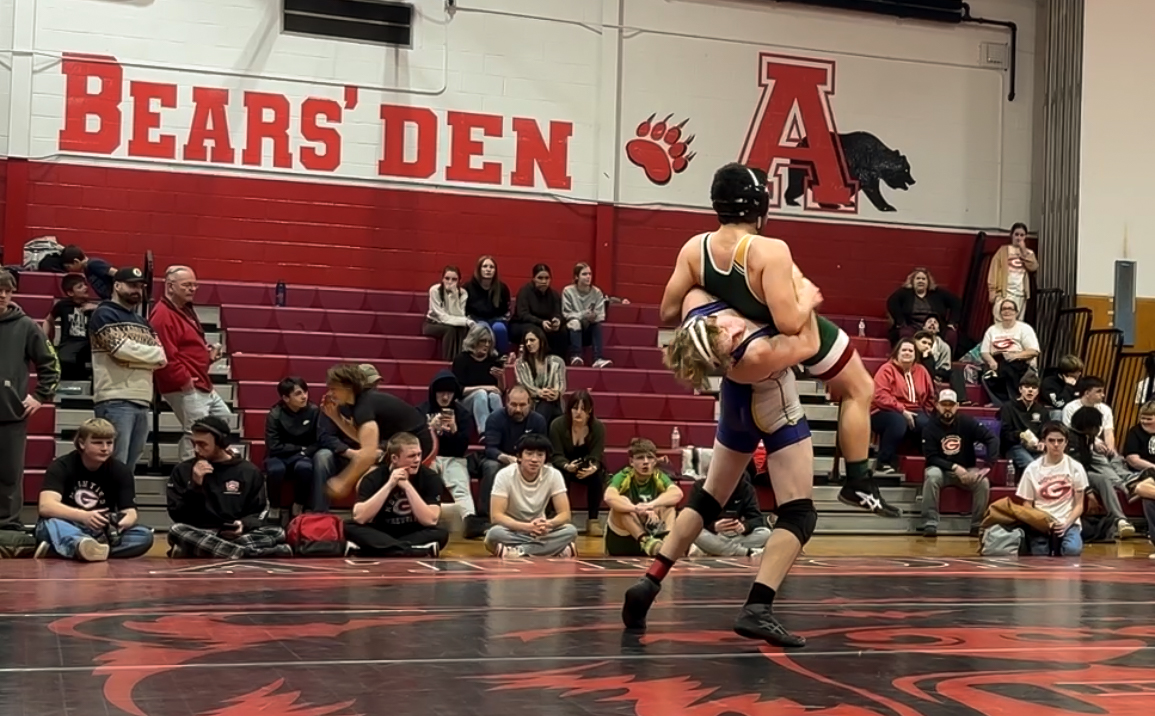
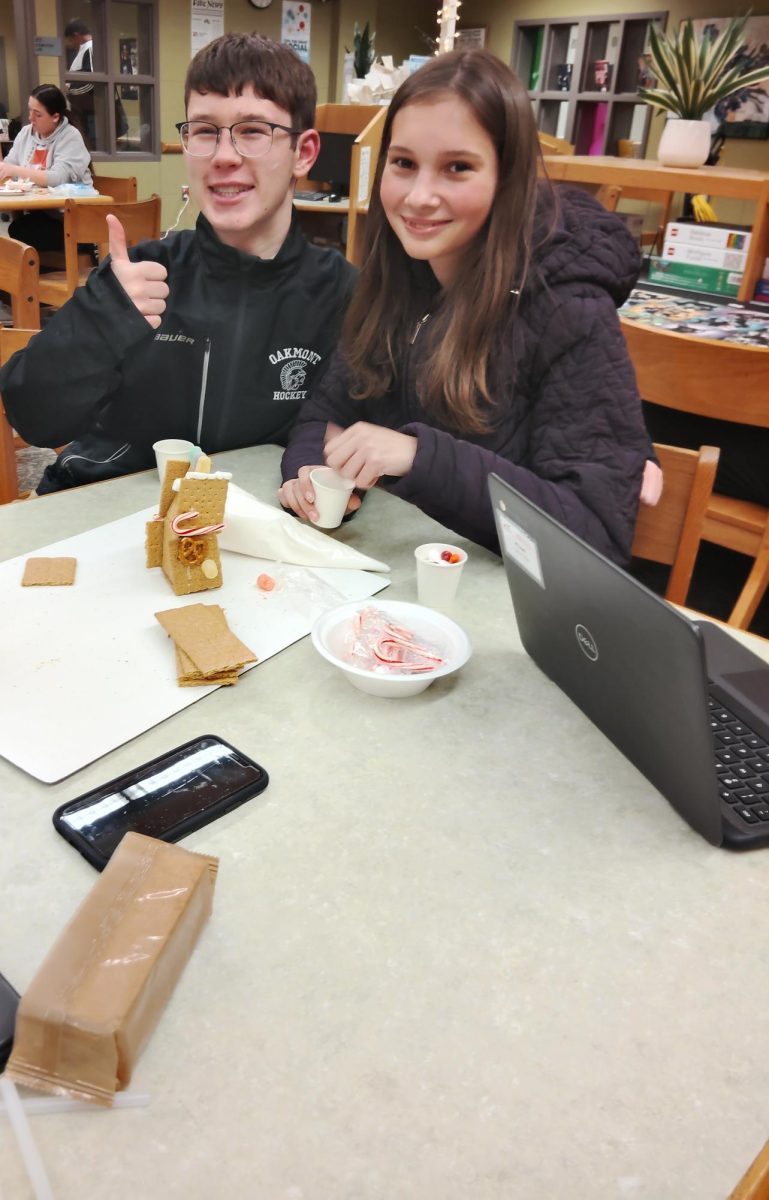

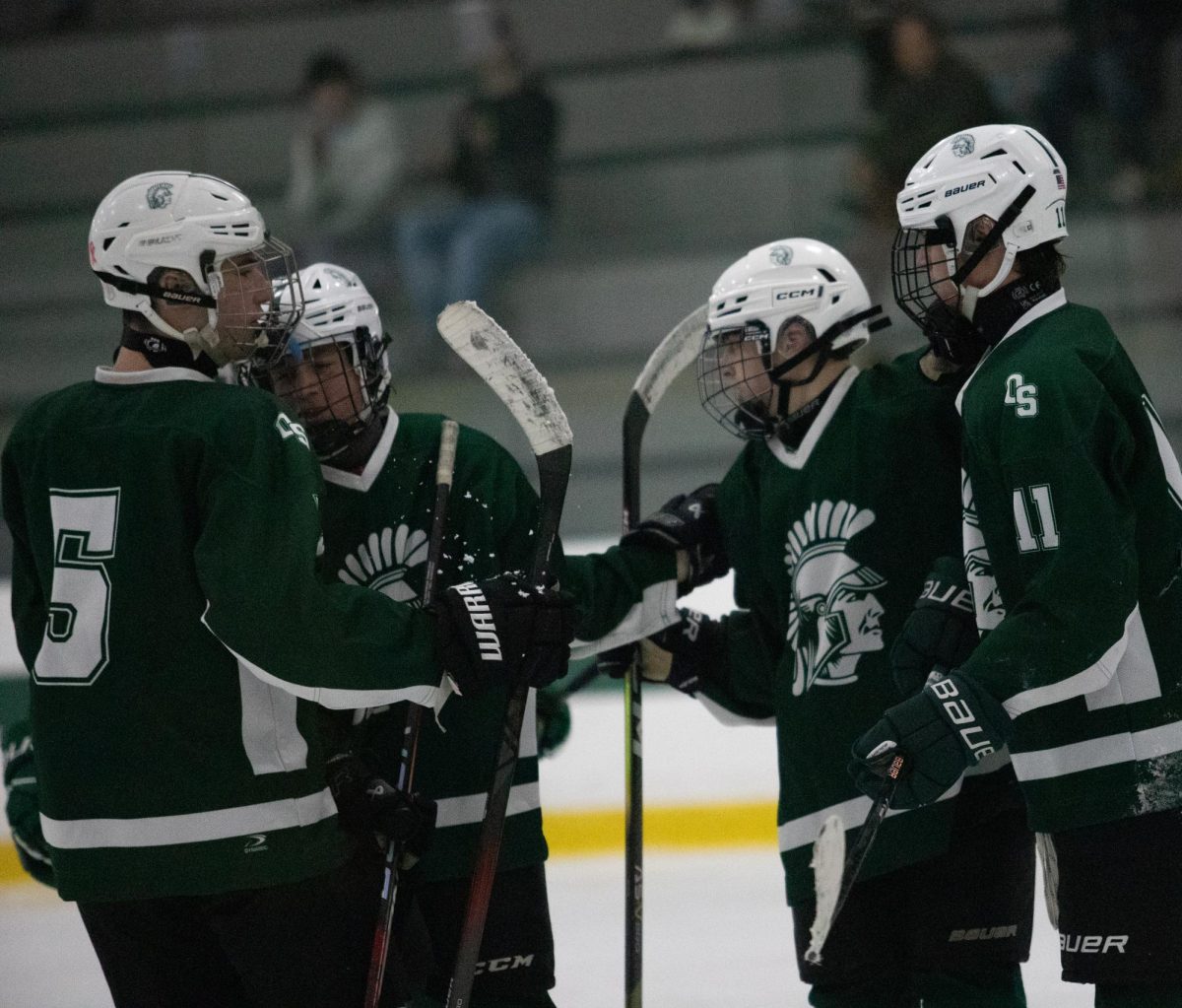


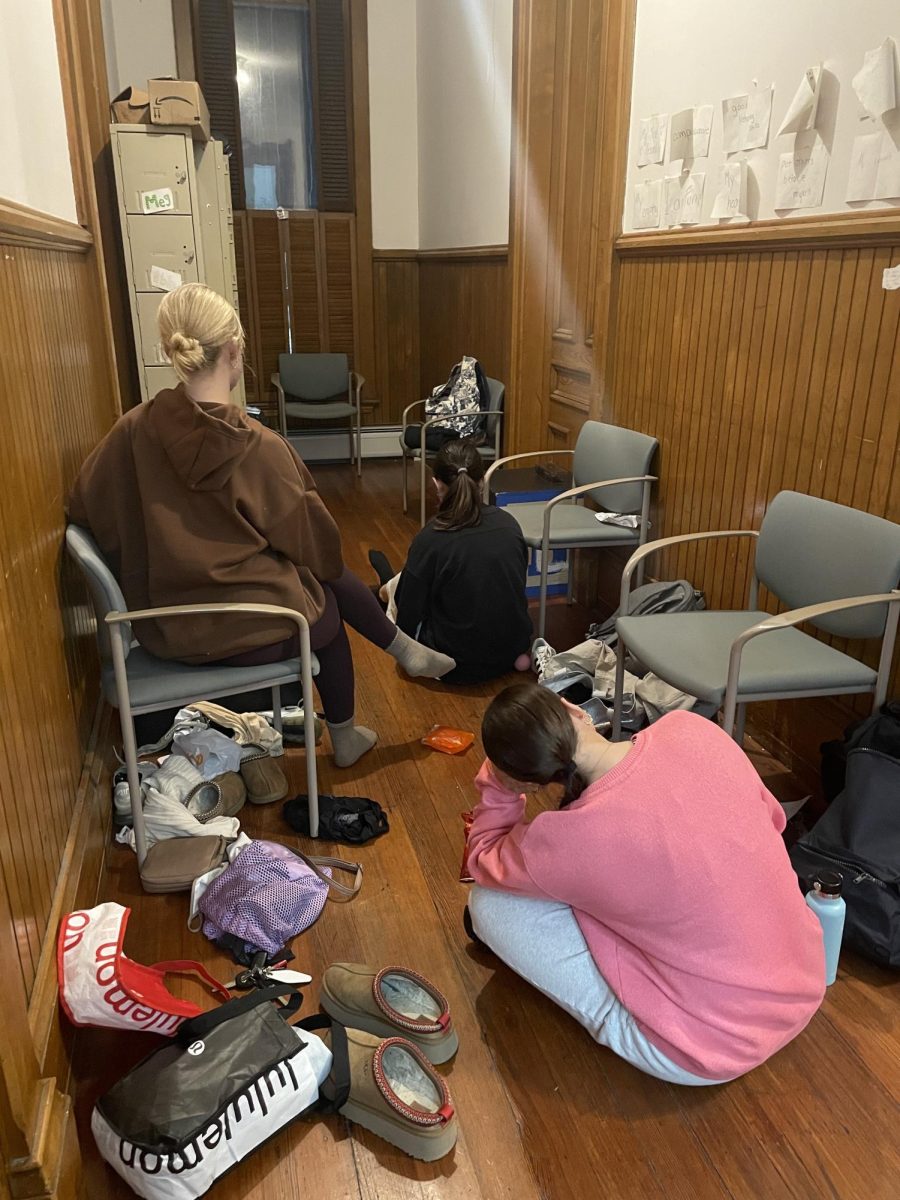
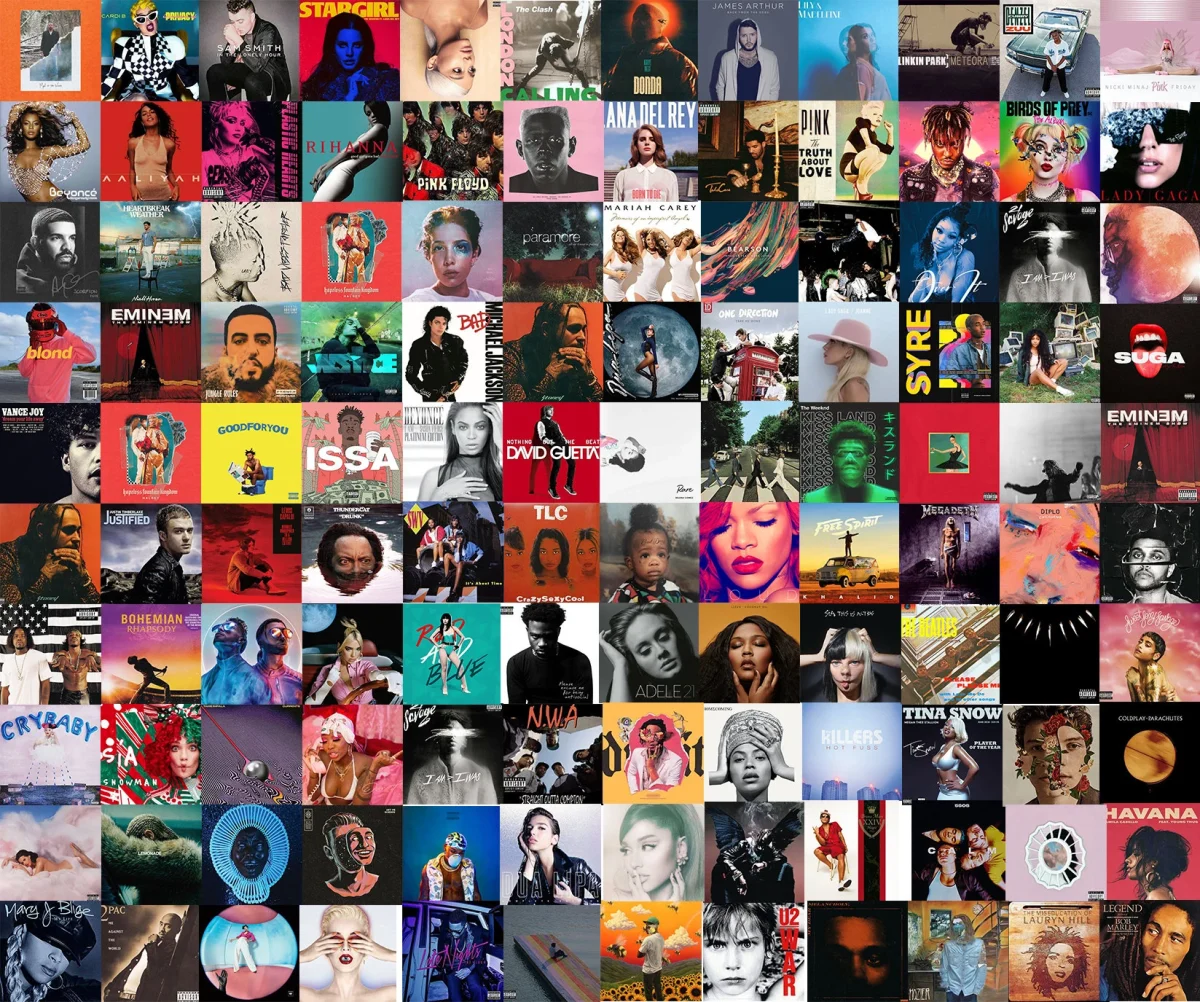
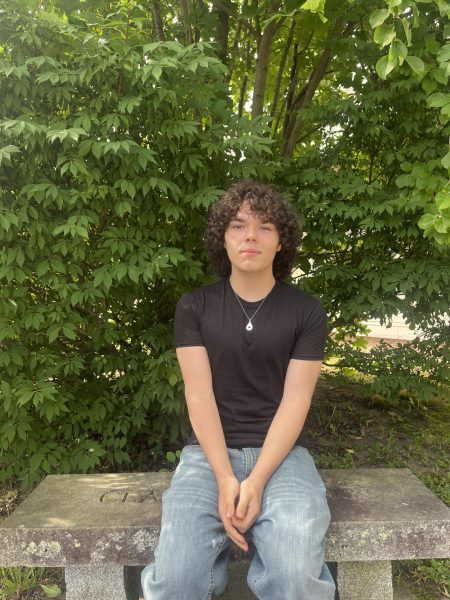
danielle flynn • Dec 4, 2024 at 11:09 am
As a parent of 8 children five out of the house and three home I have not restricted who they wanted to be with as I had no control over the “young love” choice. Each child who has experienced young love def has had different experiences and depending on their own opinion of their own self worth (which I believe is our job as parents to raise our children up) at the time of the breakup the all handled in different ways and as adults they learned from it, mostly. I believe the writer of the article has captured both sides of this argument greatly. I also think that there should be some restrictions on young love as in sleeping out together and staying out late past curfew. Also, with all of the emotions that kids don’t understand how to work through and think they do as parents we need to real them back .